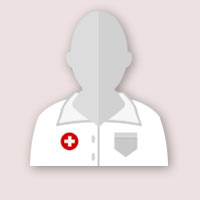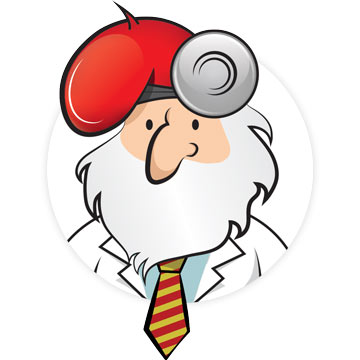Pulmonary Disease
Pulmonary conditions may be associated with a number of causes. Patients may be at a higher risk for pulmonary disease if they have been exposed to certain environmental toxins or pollution that can damage the lungs. However, pulmonary disease has also been linked to genetics and other underlying health conditions.
Risk Factors for Pulmonary Disease
Some factors that may contribute to the development of pulmonary disease include:- Smoking or exposure to secondhand smoke
- Family history of lung disease
- Exposure to asbestos,radon or air pollution
- Taking certain types of antibiotics, heart medications or chemotherapy drugs
- Medical conditions, such as rheumatoid arthritis, lupus, scleroderma and sarcoidosis
- Having previously undergone chemotherapy or radiation therapy
Types of Pulmonary Disease
Pulmonary diseases are a diverse category, with some types that are very common and others that are relatively uncommon. Forms of pulmonary disease include:
- Asthma
- Bronchitis
- Allergies
- Chronic obstructive pulmonary disease (COPD)
- Lymphoma
- Influenza
- Cystic fibrosis
- Tuberculosis
- Bronchitis
- Lung cancer
- Atelectasis, a partial collapse of the lung caused by a blockage of the air passages or due to pressure placed outside the lung
- Pulmonary embolism, a blockage of more than one artery in the lungs because of a blood clot
- Obstructive sleep apnea
- Pneumonia
- Emphysema
- Pulmonary hypertension
- Chest infection
- Pulmonary fibrosis, a lung condition that develops as a result of damaged tissue in the lungs
Symptoms of Pulmonary Disease
Symptoms of pulmonary disease can vary widely, and many early signs of pulmonary issues are often overlooked. Some common symptoms of pulmonary disease include:
- Shortness of breath
- Breathing difficulties
- Pain or discomfort when breathing
- Chronic cough
- Persistent chest pain
- Coughing up blood
- Wheezing
- Excessive production of mucus
- Chronic fatigue
Diagnosis of Pulmonary Disease
Pulmonary medicine incorporates the use of a number of different tests to diagnose a specific condition. Pulmonary function testing, or PFT, is one of the main tests conducted during the diagnostic process. PFT measures the capacity of the lungs to move air in and out, and to exchange oxygen and carbon dioxide. PFT helps diagnose lung conditions such as asthma, bronchitis, chronic obstructive pulmonary disease, emphysema and pulmonary fibrosis.
Additional diagnostic tests include:
- Chest X-ray
- CT scan
- Echocardiogram
- Tissue biopsy
- Bronchoscopy
Treatment of Pulmonary Disease
There are many ways of treating pulmonary disease. However, the treatment plan determined will depend on the specific condition, as well as their overall health and several other factors.
While surgery may be necessary to relieve the most severe cases of lung disease, many mild or moderate cases of lung disorders, including COPD and chest infections, can be effectively treated with medication. Some of the medications commonly used to treat obstructive lung diseases include antibiotics, anti-inflammatory drugs and bronchodilators, which will help relax the breathing tubes and relieve swelling. Patients with asthma often benefit from using an inhaler, which delivers medicine directly to the affected airways to alleviate symptoms. Individuals with obstructive sleep apnea may experience fewer symptoms by using a breathing machine to maintain an open airway during sleep.
Pulmonary rehabilitation is another treatment technique for pulmonary disorders. Pulmonary rehabilitation consists of educational and exercise classes that teach the patient about their lungs, as well as about their disease. The classes offer patients support, while providing them with the tools to live a more active lifestyle comfortably with less shortness of breath.
Additional Resources
- MedlinePlus
- National Institutes of Health
- Centers for Disease Control and Prevention
- Eunice Kennedy Shriver National Institute of Child Health and Human Development
- U.S. Department of Health & Human Services
- U.S. National Library of Medicine
- WebMD
Copyright © 2013 - 2025 Da Vinci Interactive Webservices, Inc.
All Rights Reserved.
Content presented on this website is for general information only. The healthcare provider | Felisha Crosby | is not responsible for any content selection, or any errors, inconsistencies, or outdated information.

 change health information topics, accept appointments and more!
change health information topics, accept appointments and more!